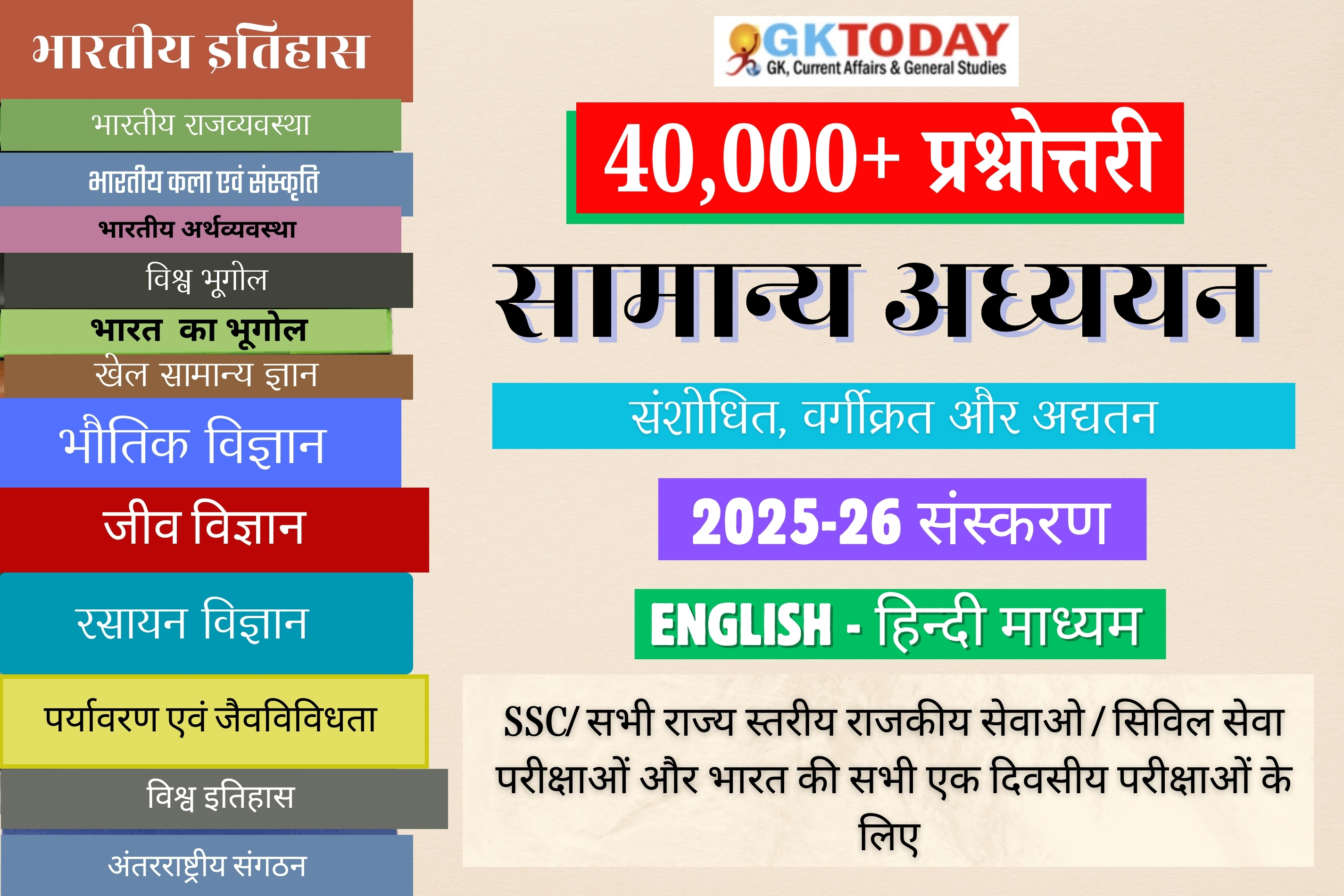Declaration for the Future of the Internet

Recently, the USA and 60 other countries signed a new Declaration for the Future of the Internet.
What are the goals of the declaration?
- To keep the Internet open, free, and neutral.
- To prevent rising digital authoritarianism.
- To ensure affordability, net neutrality, and removing illegal content without curtailing free expression.
- To reduce the environmental footprint of the Internet and digital technologies.
What are the commitments under the declaration
- Protecting the human rights and fundamental freedoms of all.
- Promoting a global Internet that advances the free flow of information.
- Advancing inclusive and affordable connectivity so that everyone can benefit from the digital economy.
- Promoting trust in the global digital ecosystem, including through protection of privacy.
- Protecting and strengthening the multi-stakeholder approach to governance that keeps the Internet running for the benefit of all.
What are the major countries that signed the declaration?
The USA, European Union (EU), United Kingdom, Canada, France, etc.
Did India sign the declaration?
- India did not sign the declaration.
- China and Russia are also not part of this declaration.
What are the threats to the internet in present times?
- Rising digital authoritarianism where some states repress freedom of expression, censor independent websites, interfere with elections, promote disinformation, and deny human rights.
- Also, there are cybersecurity risks that undermine the trust and reliability of networks.
What is the rank of India regarding internet shutdowns?
- According to the digital rights advocacy group, “Access Now”, India is the top country to impose internet shutdowns in 2021 for the fourth consecutive year.
- Out of 106 shutdowns in India, 85 were reported in Jammu and Kashmir.
What is net neutrality?
It is the principle that Internet service providers (ISPs) must treat all Internet communications equally, and not charge users different rates based on content, website, platform, etc.
What happens if there is no net neutrality?
Internet service providers (ISPs) may prioritize certain types of traffic, or potentially block traffic from specific services, while charging consumers for various tiers of service.
Is there net neutrality in India?
In 2018, the Government unanimously approved regulations supporting net neutrality. The regulations are considered to be the “world’s strongest” net neutrality rules, guaranteeing free and open Internet for nearly half a billion people.
Are there any exceptions to net neutrality rules in India?
The only exceptions to the net neutrality rules are new and emerging services like autonomous driving and telemedicine, which may require prioritized internet lanes and faster than normal speeds.
What are the initiatives of the European Union (EU) regarding data and digital services?
- General Data Protection Regulation (GDPR)
- Digital Services Act (DSA)
- Digital Markets Act (DMA).
What is General Data Protection Regulation (GDPR)?
It is a law on data protection and privacy in the European Union (EU) and the European Economic Area (EEA). GDPR also addresses the transfer of personal data outside the EU and EEA areas. It enhances individuals’ control and rights over their data.







